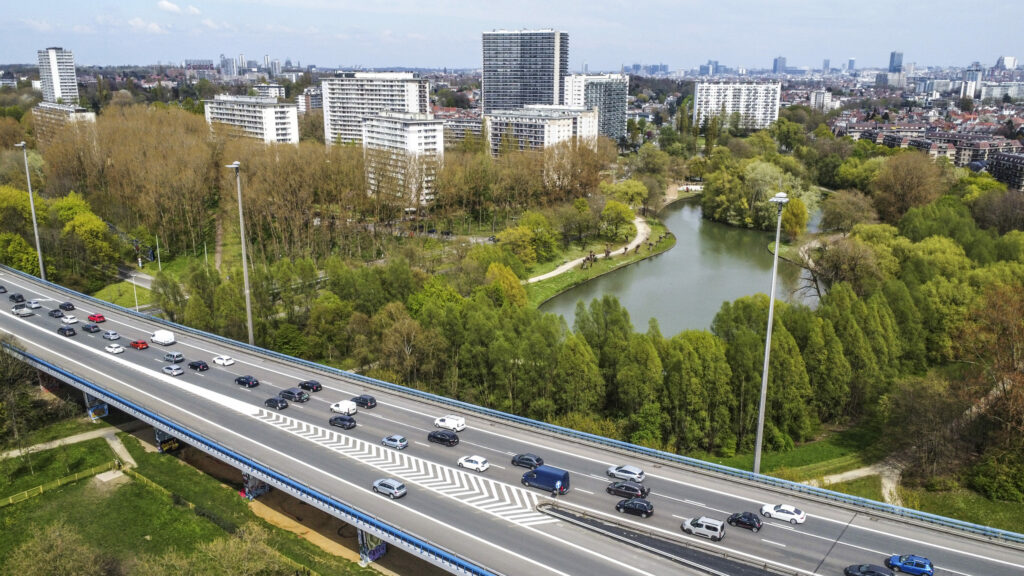The King Baudouin Foundation has awarded €295,949 to 17 initiatives aimed at creating greener, more connected communities in Belgium’s most densely populated urban areas, according to a statement released on Thursday.
The financial support is intended to not only foster connections among residents but also enhance their health and well-being, while bringing biodiversity back to the forefront of urban life.
Green spaces in urban settings offer numerous benefits for both physical and mental health as well as the environment. However, not all urban neighbourhoods have equal access to quality green spaces, as noted by the King Baudouin Foundation.
The foundation highlights that densely populated areas with low socio-economic status are often the most affected by this disparity.
In response, the King Baudouin Foundation launched a call for projects this year to develop greener and more united neighbourhoods in these densely populated urban zones.
These zones are defined as having more than 1,500 inhabitants per square kilometre and insufficient access to public green spaces.
Following an assessment, 17 projects were selected by an independent jury of experts, including five in the Brussels-Capital Region and five in Wallonia.
For example, in the province of Hainaut, the non-profit organisation “ASBL Femmes immigrées et culture” will create a community garden to combat social isolation, particularly among seniors and people with disabilities, as presented by the foundation.
Located in the village of Thulin, this initiative will promote social inclusion, encourage intercultural tolerance, and raise awareness of local biodiversity.

